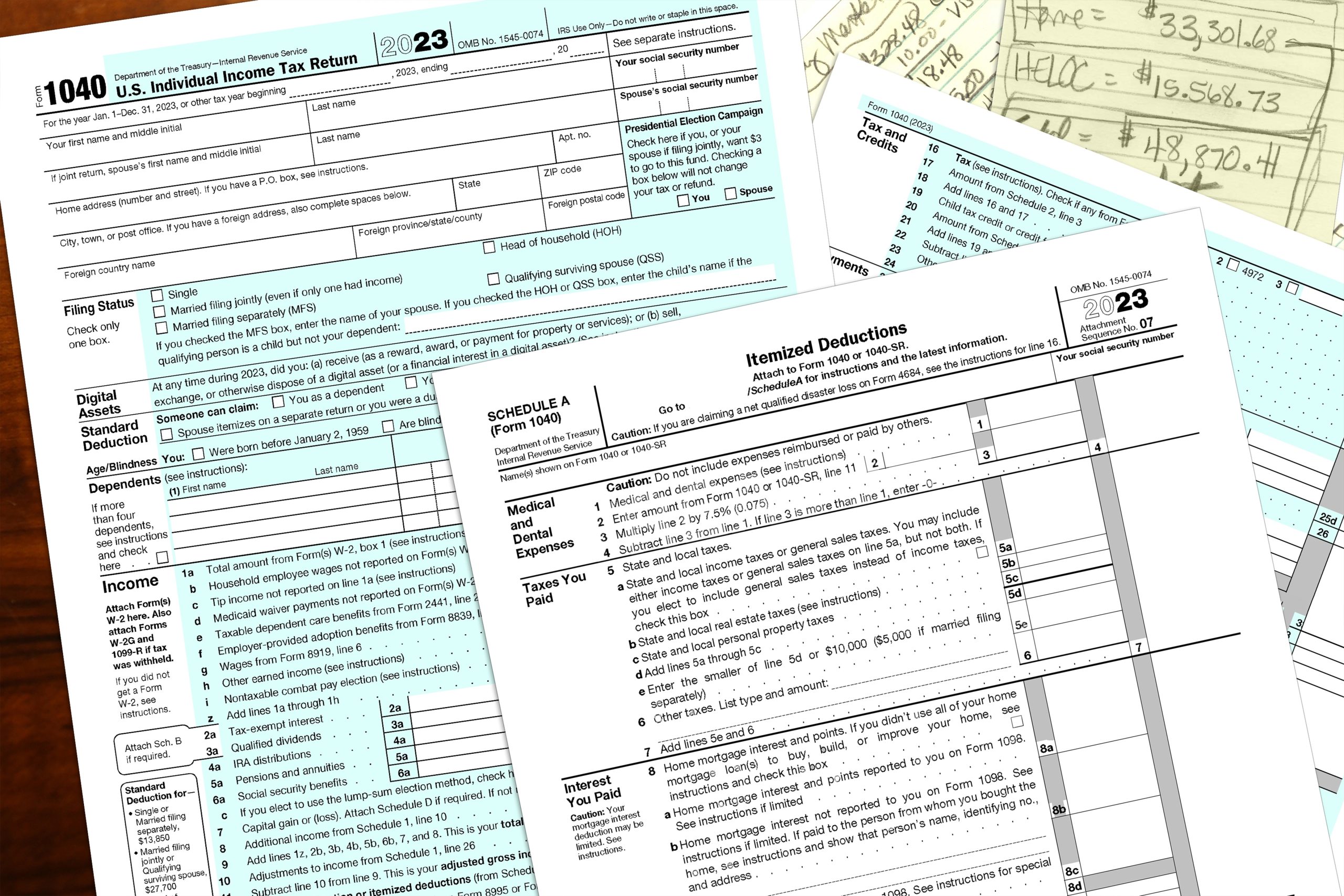Raising kids in this day and age can be very expensive. From daycare expenses to simply buying food, the costs really add up! Luckily, the government recognizes this and offers several tax breaks (in the form of tax credits) for parents. Some of the tax credits include:
- Child and Dependent Care Tax Credit
- Child Tax Credit (CTC)
- Earned Income Tax Credit (EITC)
- Higher Education Tax Credits
- 529 State Tax Plans
Depending on your financial situation and your child’s age, you may qualify for all or some of the above. This article helps you determine if you qualify for each tax break and how much you qualify for.
Child and Dependent Care Tax Credit
The Child and Dependent Care Tax Credit aims to help families who need to pay for childcare, so they can work or look for work. To qualify for the child and dependent care credit, an individual or family must have the following:
- A child under the age of 13
- OR a dependent/spouse who is mentally or physically unable to care for themselves and lives with you for more than half of the year
- Care expenses incurred so you can work or look for a job
- A jointly filed tax return (if married)
- An earned income of less than $438,000 annually
Additionally, families with a stay-at-home parent do not qualify for the credit.
For the 2022 tax year, you can claim up to $3,000 in child or dependent care expenses for 1 child and up to $6,000 for 2 or more children. The maximum credit you can claim is 35% of the total claimed expenses (for a maximum credit of $1,050 for one child or $2,100 for 2 or more children or dependents).
Child Tax Credit
The government recognizes that not all Americans require childcare services, but that doesn’t mean that raising a child isn’t expensive! Therefore, the Government offers another tax credit known as the Child Tax Credit to parents with dependent children. To qualify, the child must have the following:
- 17 or under
- Meet the qualifying relative test
- Be eligible to be claimed as a dependent
- Lived with you for at least half the year
- Be a US citizen, national, or resident alien
In addition, as the person claiming the credit, you must have the following:
- Provided at least half the child’s financial support over the past year
- Make under $400,000 married filing jointly, or $200,000 for all other filers to claim the entire credit
In 2022, you can claim $2,000 per child if you meet all the qualifying factors to claim the credit. Additionally, up to $1,500 of the credit may be refundable.
Earned Income Tax Credit
The Earned Income Tax Credit is designed to help low-income to moderate-income taxpayers. While you don’t necessarily need to have a child to claim the credit, having children can help you receive a larger credit.
You can claim a child as part of the Earned Income Tax Credit if they are:
- Under the age of 19 OR under the age of 24 if enrolled in college
- Meet the qualifying relative test
- Have a Social Security number
- Lived with you for at least half of the year
In 2022, the max adjusted gross income for married joint filers with 0 children to claim the credit is $22,610, and the maximum credit is $560. However, for married joint filers with 3 or more children, the max adjusted income is $59,187 with a maximum credit of $6,935. As you can see, the credit is greatly beneficial to those with kids.
Educational Tax Credits
Those parents paying for their children to go to college can also claim credits for expenses paid for course materials, tuition, and fees. There are 2 different tax credits available: Lifetime Learning Credit and American Opportunity Tax Credit.
The Lifetime Learning Credit is worth up to $2,000 per tax return. The American Opportunity Tax Credit is worth up to $2,500 per eligible student. While you cannot claim both credits for the same student, the credits can be very worthwhile and beneficial if you have children in college.
529 State Tax Plans
Don’t forget about your state taxes! While the types of plans available vary by state, all 50 states and the District of Columbia have at least one 529 plan.
529 state tax plans allow you to save for your child’s college by either purchasing prepaid tuition credits at a state college or saving towards education expenses. Contributions to 529 plans are not eligible for federal tax deductions, but most states offer a tax deduction for funds contributed.
In addition, as long as gains made within a 529 plan are used for educational expenses, the gains are not subject to federal taxes. However, using this account’s gains for ineligible purchases requires you to pay federal taxes, along with a 10% tax penalty.
Additional Tax-Saving Tips
Looking for additional ways to save money on your taxes? Sign up to be a FileSmart member. As a member, you’ll have exclusive access to a ton of easily digestible mini-courses aimed towards helping you save money. In addition, you‘ll be able to reach out to a tax expert to help with individual tax-saving questions.
Sign-up today to find out how to save money, regardless of your financial situation or tax filing status.































0